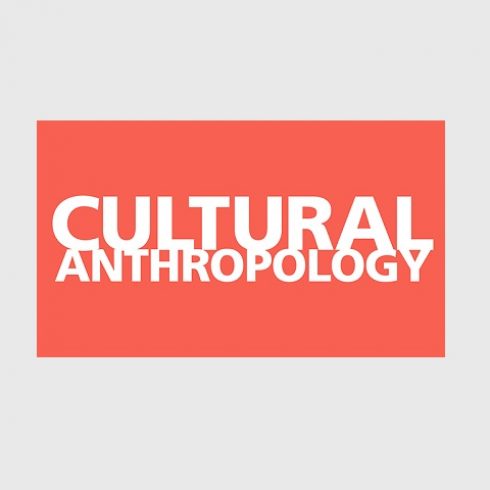Witchcraft, Bureaucraft, and the Social Life of (US) Aid in Haiti
Erica Caple James
Cultural Anthropology 2012

Abstract
In this article I discuss the unintended consequences of humanitarian and development assistance provided to “victims of human rights abuses” in Haiti in the years following the restoration of democracy in 1994. Such targeted aid was a component of international political and economic development aid intended to facilitate the nation’s postconflict transition. I argue that in much the same manner that witchcraft discourses signify moral struggles over the distribution of resources in small-scale societies, the cultures and moral economies of humanitarian and development aid—well-intentioned activities that nonetheless include opaque bureaucratic practices and competition over knowledge, scarce resources, and institutional territory—can produce similar phenomena as has been described regarding contemporary witchcraft. I draw on the literature on witchcraft, bureaucracy, and secrecy to analyze accusations of malfeasance, scapegoating, and violence directed toward both providers and recipients of humanitarian and development assistance. I characterize such processes occurring in relation to compassion economies by the term bureaucraft. [witchcraft; bureaucracy; bureaucraft; humanitarianism; democracy; insecurity; human rights; Haiti]
View Publication > Share
Share






Commentary
The latest commentary on the use of antimicrobials in society.
The Third Man: How are we entwined with...
A film event and panel discussion for World Antibiotics Awareness Week 2017
Markets and Pharmaceuticals: Hardship, Antibiotics, and Markets for...
Northern Thailand (Chiang Rai), 19 March 2018, 7am: The steep mountain road winds through rice fields, small streams, and coffee...
Social Science and AMR Research Symposium: Event
The AMIS Programme hosted a work-in-progress symposium and networking event on 10 September 2018, at the British Academy.